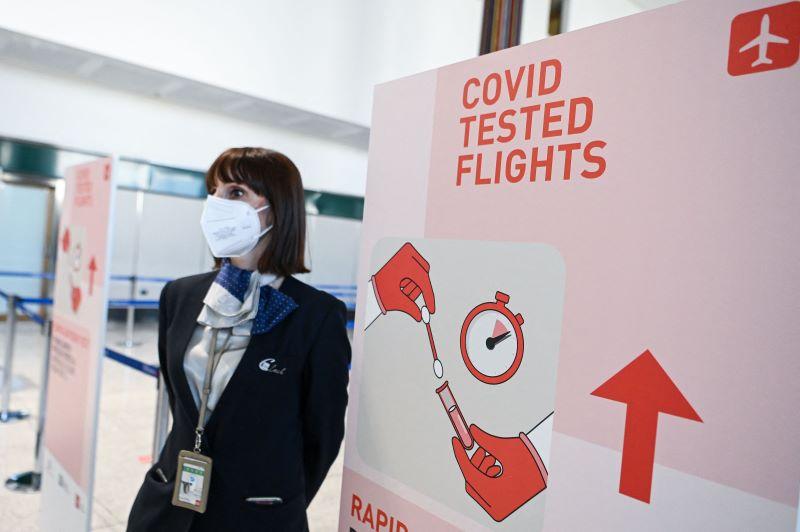
Credit: Piero Cruciatti / AFP / Getty Images
BOSTON—IATA called on governments from around the world to remove travel restrictions for vaccinated passengers, arguing that “wildly inconsistent” entry requirements have stalled the global air transport industry’s recovery from the COVID-19 pandemic. “People who are fully vaccinated should be...
Subscription Required
This content requires a subscription to one of the Aviation Week Intelligence Network (AWIN) bundles.
Schedule a demo today to find out how you can access this content and similar content related to your area of the global aviation industry.
Already an AWIN subscriber? Login
Did you know? Aviation Week has won top honors multiple times in the Jesse H. Neal National Business Journalism Awards, the business-to-business media equivalent of the Pulitzer Prizes.

